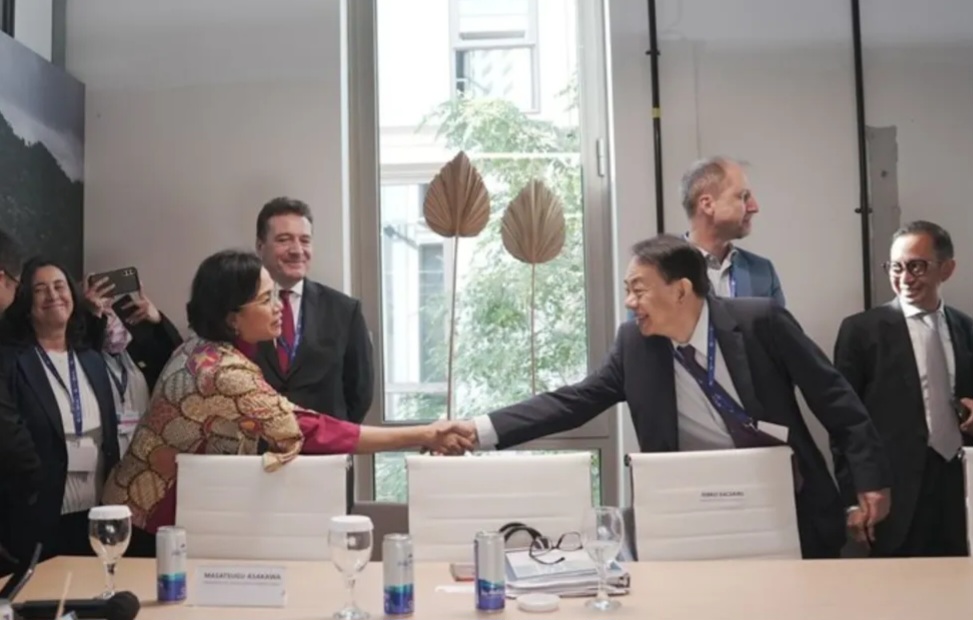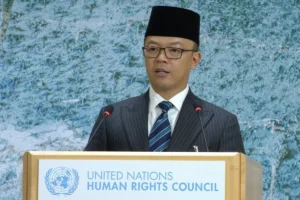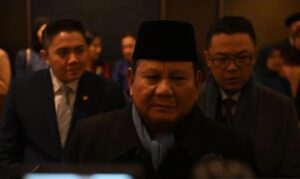Indonesia advocates blended climate financing

Jakarta, The Gulf Observer: Indonesian Finance Minister Sri Mulyani Indrawati said that Indonesia is seeking to inspire the world by pursuing its commitment to tackle climate change with the help of blended financing schemes and related policies.
Speaking at the 28th session of the Conference of the Parties (COP28) High-Level Climate Change Event in Dubai, the United Arab Emirates, on Monday, Indrawati highlighted that Indonesia has issued the Nationally Determined Contributions document as proof of its commitment to reducing carbon emissions.
“Blended financing involving philanthropic organizations, the private sector, multilateral development banks, and state-owned enterprises is essential to realize our commitment,” she stressed, according to a statement received from the Finance Ministry here on Tuesday.
The minister emphasized that Indonesia requires US$281 billion to support its efforts to lower carbon emissions by 2030.
“In fact, we need to double the budget needed, or over US$500 billion, to achieve the net-zero emission target by 2060,” she added.
Indrawati also spotlighted Indonesia’s efforts toward the early closure of 660-megawatt coal-fired power plants (PLTUs), noting that financing issues, among others, have been hindering those efforts.
The state treasurer then outlined various measures taken by the Finance Ministry in the financing sector to support climate change agendas, such as implementing climate budget tagging and issuing green Islamic bonds.
She also introduced three sustainable finance agendas, namely the Energy Transition Mechanism, the ASEAN Taxonomy for Sustainable Finance Version 2, and the Indonesia Just Energy Transition Partnership.
Indonesia has initiated the Energy Transition Mechanism as a form of blended financing to promote the green energy transition, which is aimed at bolstering the role of new and renewable energy while controlling the use of fossil- and coal-based energy.
Indrawati underscored that Indonesia is blessed with abundant natural resources, adding that the country must ensure its capacity to move away from the dominant use of coal-based energy to renewable energy.
However, she placed emphasis on the importance of drawing more private sector players to participate in climate change agendas by financing energy transition efforts.
“Without financing, a climate change agenda will remain a mere agenda,” she said.


